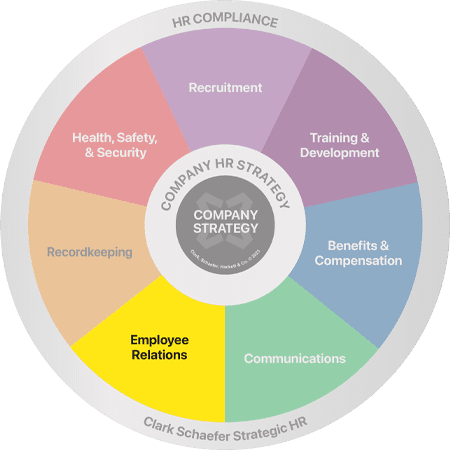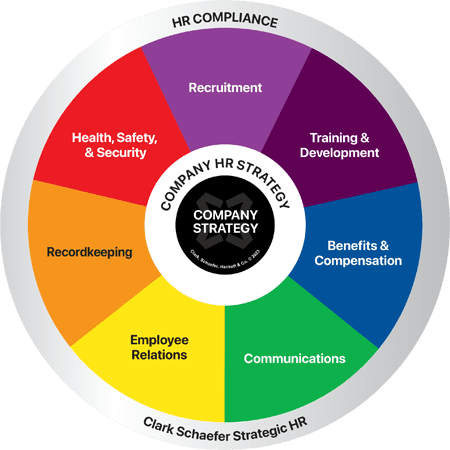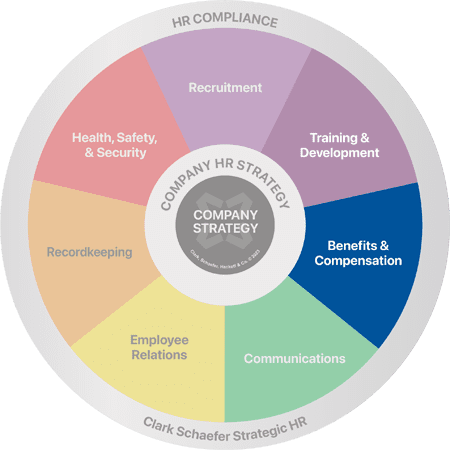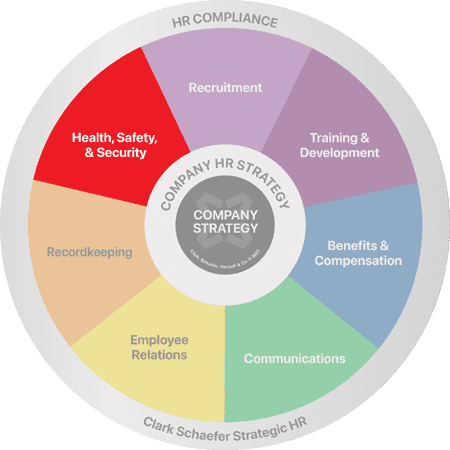Can I Fire Someone During Their Introductory Period?
Last Updated on September 19, 2023 / Employee Relations

HR Question:
Can I fire someone during their introductory period? Are there ways to reduce our risk?
HR Answer:
The short answer can be yes. As long as an employer has a properly written (and implemented) introductory period, there should be little concern over terminating someone during their new hire period. In fact, sometimes it is actually easier to terminate someone during this period of employment. A key component is to ensure that your introductory period policy and practices apply the employment-at-will status, as allowed by your state or locality. In that case, you should be able to rest easy with your decision, although we recommend consulting your attorney if you have any doubts.
On the other hand, if you don’t have a well-designed introductory period, your organization is at higher risk. If you’re unsure about your policy or implementation, read on to learn why introductory periods are important, what to consider in their design, and ways to reduce termination risks.
Why is a new hire introductory period important?
Introductory periods are an important phase of employment as they allow the new hire and employer to evaluate their fit with each other. These programs typically range from the first thirty days of employment up to six months and can be extended, if necessary.
Keep in mind that appropriate design and implementation are critical. According to the Society for Human Resources Management, some labor experts warn of the legal implications of introductory periods (including discouraging the use of the term “probationary period”). However, if implemented properly, employers can use the time to sufficiently train and evaluate the hire.
Setting appropriate expectations
During the introductory period, the employee has the opportunity to learn their role, acquire and demonstrate the skills necessary to perform the duties of the job, and understand how their role fits into the overall organization. Employers typically use this time to evaluate the employee to determine if they are a good fit for the position by reviewing their skills, knowledge, abilities, overall job performance (quantity and quality of work), work habits and behaviors, and attendance.
Although employees in this defined new hire period are essentially the same as all other employees, there are often special requirements placed on the individuals during this evaluation period. For example, some employers put in place stricter attendance requirements during the introductory period, (i.e., requiring new hires to work on-site for a defined period of time before allowing remote work situations). Other employers reduce the productivity requirements for new hires during this period as they are learning their roles.
Whether you are making the expectations more or less strict as compared to other employees, it is important to ensure that new hires are made aware of the expectations and how they will change after the completion of the introductory period.
Reduce termination risk during the new hire introductory period
Termination of employment at any time can be inherently risky. Here are some suggestions to consider that may bolster your new hire period policies and implementation:
- Clearly define the introductory period, including the length of time, and state that it can be extended, if necessary.
- Clearly express employment-at-will, if allowed in your jurisdiction and it applies to your situation. This statement indicates that the employment relationship is terminable at any time, including during the new hire period, and completion of the introductory period does not change that status.
- Provide a clear explanation to the new hire of how they will be evaluated, including specific expectations during the period and if/how these expectations are going to change once the new hire period is successfully completed.
- Evaluate your new hire regularly. Provide frequent and immediate feedback including written evaluations.
- If the new hire is failing to meet expectations, discuss what must be done to achieve acceptable performance as well as the next steps if there is no improvement.
Following these guidelines will help to ensure the new hire is treated fairly during the process. We also recommend that you consult your attorney to be sure that your introductory policies and procedures are optimally designed to mitigate your organization’s risk.
Special thanks to Patti Dunham, MBA, MA, SPHR, SHRM-SCP, for contributing to this edition of our HR Question of the Week.
Terminations are one of the most difficult aspects of Human Resources. Strategic HR can walk you through a termination, assist with the investigation, and provide a third-party objective look at each case. Visit our Employee Relations page to see how we can help you navigate through challenging situations while also building a positive relationship with your employees.







